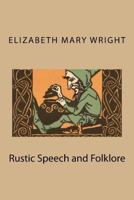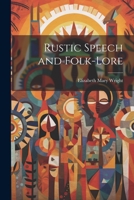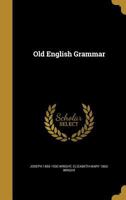An Elementary Middle English Grammar
Select Format
Select Condition 
Based on Your Recent Browsing
Book Overview
No Synopsis Available.
Format:Hardcover
Language:English
ISBN:B0028QCSHW
Release Date:January 1971
Publisher:Baen Pub.
Length:201 Pages
Weight:0.74 lbs.
More by Elizabeth Mary Wright
Customer Reviews
5 customer ratings | 5 reviews
There are currently no reviews. Be the first to review this work.
























